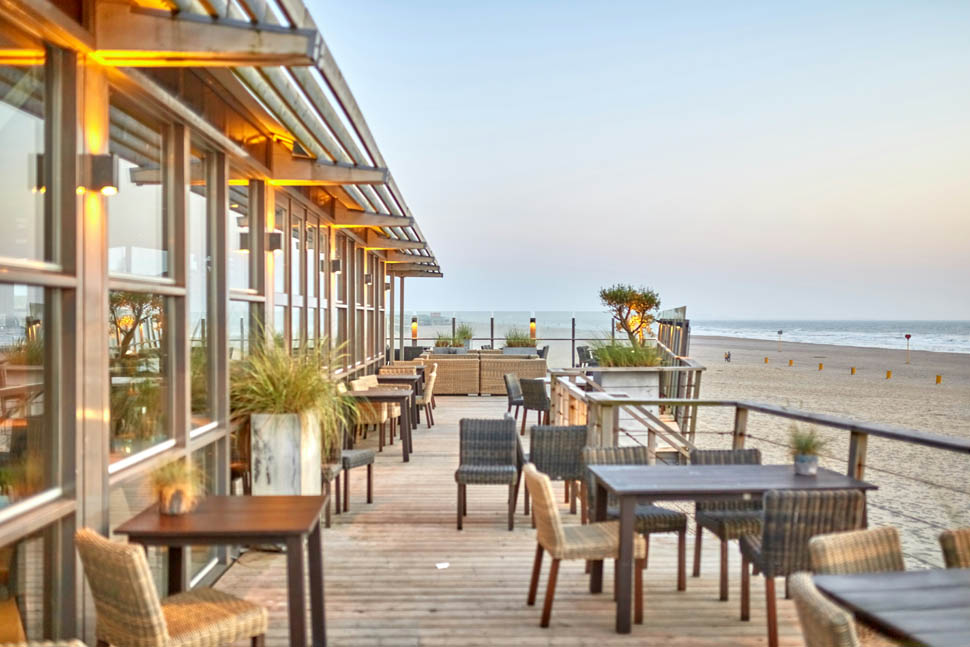Sky-high rents: (almost) impossible to live in Ibiza for hospitality workers, often forced to make sacrifices to make ends meet.
The news
If Formentera remains the "Isla Bonita," Ibiza, today, more than the "Isla Blanca" - as it is known - has become the "Isla Muy Cara" (Very Expensive Island). In recent years, skyrocketing prices and inflation have made life on the Balearic island unsustainable for the locals. Indeed, the salaries earned by most workers in the busiest destination of the archipelago are increasingly out of sync with the cost of living. "I miss the basic things that make life comfortable, like being able to relax at home, cook, or even open a drawer and pull out some socks. These are the things you miss when you live in a car," confesses César Nebrera in a shocking statement to the BBC. Cesar, a professional chef, has long been forced to live in his old green Kia sedan. The exponential increase in rents does not allow him to pay rent and live decently. "In Ibiza, accommodation is very expensive, and it keeps getting more expensive. The cost of rent is completely disproportionate to what you earn. So living like this is an alternative. It's less comfortable, of course, but it allows me to continue staying on the island," he continues.

This rather critical situation involves all sectors, not just hospitality. Already last year, in fact, the IGC - representative body of the civil guard police forces - had revealed that three or four of its agents were forced to live in their cars. These statements are also supported by Daniel Granda, spokesperson for the Sindicato de Inquilinas de Ibiza y Formentera (organization representing local tenants), who states: "Many people end up in truly miserable conditions, and we are starting to see shanty towns across the island. Without the possibility of finding accommodation that allows us to live normally, those of us who live on the island feel simultaneously estranged from it." It should be noted that the increase in interest rates and inflation has contributed to the rise in rents throughout Spain, with an average peak in the last year of 12% (which reaches 18% in the Balearic Islands, and in fashionable Ibiza, sometimes goes up to 40-50%).

On the other hand, it's not just chefs, but the entire food and hospitality sector that is feeling the blow. This situation has also hit hard the routine of Isabel María Pérez, a cashier in a supermarket, and her partner, who works in a five-star hotel. Since their rented apartment was sold, they have been forced to live with Isabel's mother-in-law. Born in Castilla La Mancha, in central Spain, Isabel is considering returning to her homeland: "The problem in other parts of Spain is that there isn't much work. Here, there is all the work you could want, but there's nowhere to live," she explains. With tourism steadily growing and an economy based 84% on this sector, jobs are certainly not lacking in Ibiza; however, the issue lies in salaries not matching the cost of living and exorbitant rents. Despite the situation being truly unsustainable for most residents, the conservative regional government of the Balearic Islands has not implemented the housing law passed by the Spanish government, which aims to limit rents in areas of the country where they have skyrocketed.

The local authorities, in fact, believe that the cause of all this is to be attributed to homeowners in residential areas of Ibiza who break the law by offering their properties for short-term rentals, despite laws requiring a minimum rental period of six months. "The problem is that you earn much more by renting for days or weeks than by renting according to the law," emphasizes Juan Miguel Costa, tourism manager of Ibiza. In 2019, the local government claims to have imposed 4 million euros in fines for illegal activities in the tourism sector, but despite this, the situation continues to deteriorate. The reckless increase in rents, moreover, is an endless loop, damaging the tourism industry itself - given the impossibility of operators to ensure even a somewhat decent life.

"Those who live here keep saying the same thing: something has to give because prices keep rising. Of course, salaries rise a little, but not enough. I have friends here and their rents have doubled in a year. If it continues like this, what you will see - and it's already happening - is that the workers who are on the island now will choose to go elsewhere," concludes George McBlain, operations director of the O Beach nightclub and restaurant.











